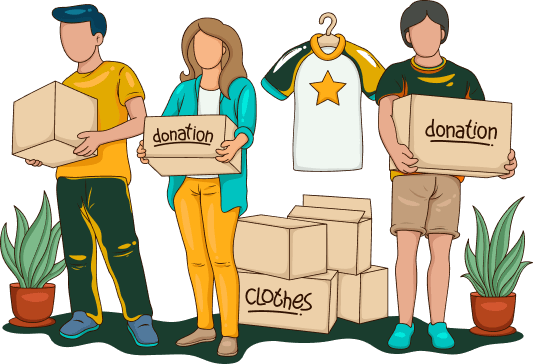Enhancing Climate Resilience of Sundarbans Coastal Communities (CREAM)
Enhancing Climate Resilience of Sundarbans Coastal Communities (CREAM):

The area is much prone to cyclonic storm due to the close proximity to the Bay of Bengal. The aim of the project is to restore “Enhancing Climate Resilience of Sundarbans Coastal Communities (CREAM)” option for the Neediest Small Farmers in Sundarban Island to stand on their own feet towards sustainable Agriculture. The Main occupation of the area is agriculture and allied activities. After flooding large swathe of agricultural land as witness of Climate Change threats to livelihood highly fragile and uncertain, as brought saline water from Bay of Bengal and damage the Agro-Fertility due to increases the salinity of the soil and Reproduction of Fish & Livestock, Ground Water Cycle becomes useless for agriculture.
Project Description:
| Project Location : | Block: Basanti, Gosaba and Mathurapur II |
| Total staff : | Coordinator: 1, Animator: 3 |
| Beneficiaries : | 25 villages of Basanti, Gosaba and Mathurapur II Block in the District of South 24 Parganas |
Objectives:
To contribute to the resilience building in 10 Gram Panchayet covering 20,000 most marginalized and vulnerable population in Gosaba, Basanti, Mathurapur II Bocks of Sundarbans, through comprehensive set of adaptation, mitigation and biodiversity conservation measures over 3 years with multi stakeholder engagement to build Climate resilient communities.
Activities :
| Baseline Survey | Computer with Spoken English: |
| Solar Repair Training | Saline Resilience Paddy seeds distribution |
| Village level Climate Resilience Action Plan | Village level Awareness Meeting on Climate change, DRR, Safe migration. |
| Vegetable Seeds & Fruits Saplings Distribution | Upscaling of Climate Resilience agriculture Training |
| Skill Training on Off- Farm & On – Farm as Climate Resilient livelihood | Wall Writing |
| Coordination meeting | Quarterly Staffs Review meeting |
Achievement:

- 25 Farmers group have been formed in 25 target villages. It is been notice that 10% of the targeted farmers started multi crop from mono crop, few of them brought back to cultivate traditional Seeds.
- The farmers have been using organic manure.
- The rapport has been built up among the marginal farmers and Government line departments towards accessing government Schemes.
- As a results of Computer with spoken English training, the the disadvantaged youth and young women has been build up their earning capacity towards shaping their better future.




